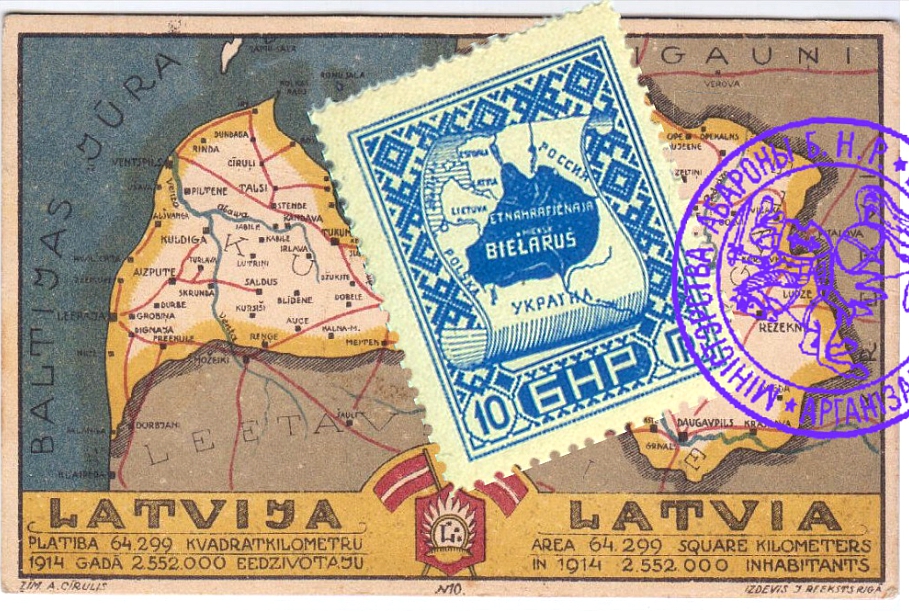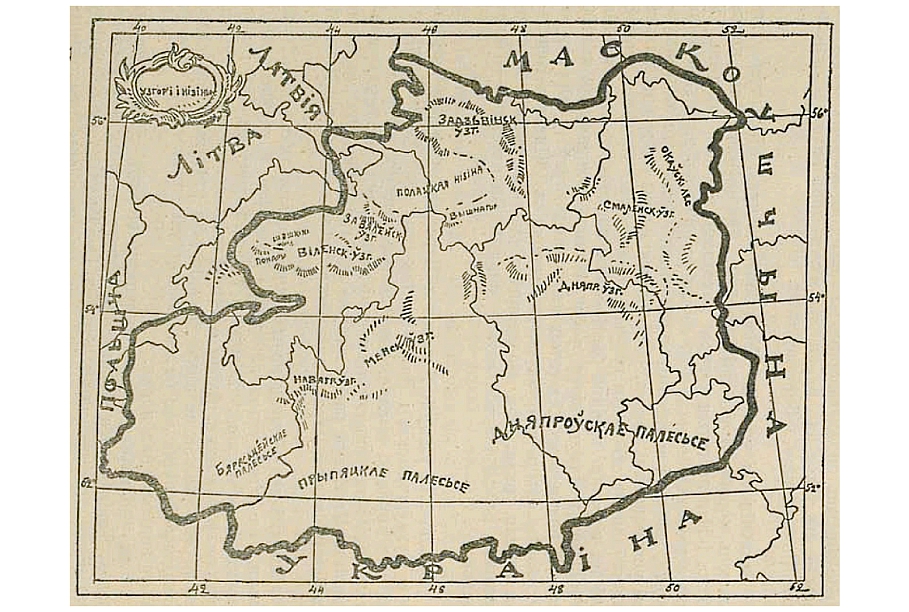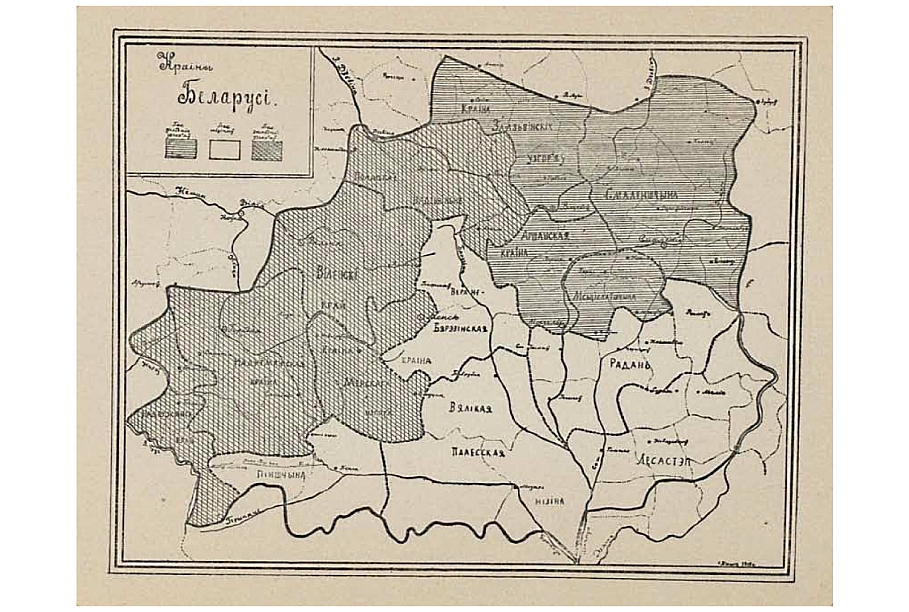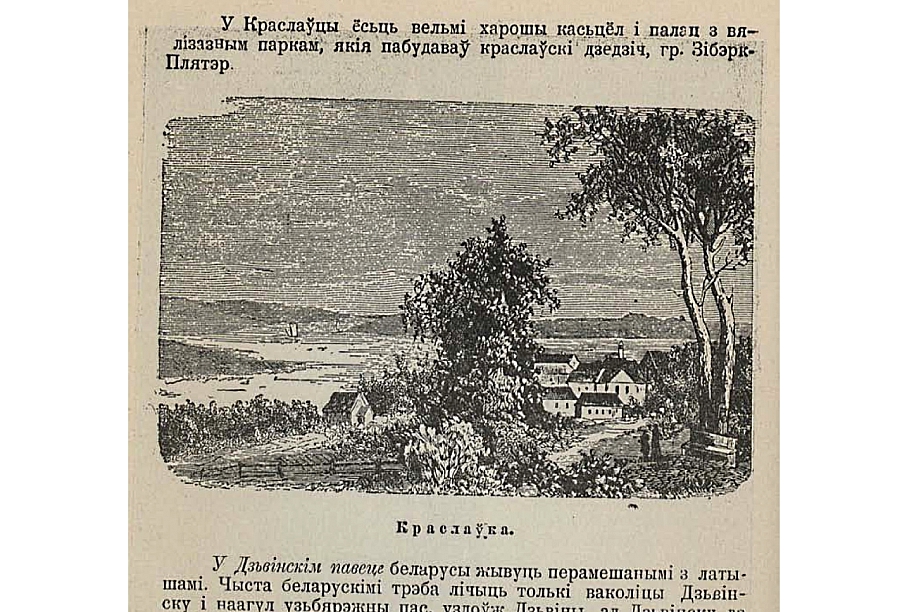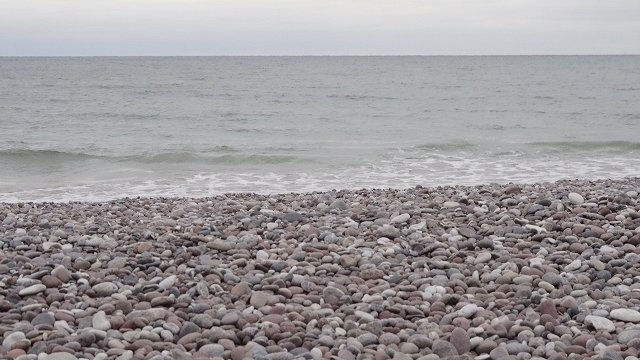The Education Minister says that the legislation is preventive and in all likelihood will not be used, ever. So should we fear it? Yes we should - when prevention becomes an end in itself, calamity or disorder are not far away.
To understand this, you don't have to scare society with Stalinist repressions or the impending arrival of totalitarianism. It's enough to look at Latvia's history, and at that – its democratic period up to 1934, when in 1925 the Belarusian case took place in Latvia.
A stateless minority
Belarusians mostly lived in the Latvian countryside, however the elite of this minority was inexpedient to Latvia as it consisted of former supporters of a national Belarusian state. The Belarusian People's Republic – recognized by Latvia – was established in 1918 and was successful in granting passports to its citizens.
In 1920, there were 7,833 citizens of the Belarusian People's Republic in Latvia, making up 0.49% of the population. In 1925 there were only 13 citizens of that country.
As the newly founded republic disintegrated, there were talks of referendum in parts of Latgale where most citizens were Belarusians, however Latvia, which initially supported a people's vote, changed its mind as it became apparent that the Belarusian People's Republic cannot control its territory.
In fact later Rīga hosted peace talks between the USSR and Poland as the territory of the fledgling state was divided between Poland and the USSR.
A "leftist" nationality
Latvia's interior security force quickly started monitoring the Belarusian nationality, writing that, "The separatist movement of Belarusians as a minority living in the territory of Latvia began already in 1921."
A nationalist organization titled Бацькаўшчына (Homeland) was established in 1921 in Daugavpils, with the goal of spreading culture and education among Belarusians.
However the interior police force thought that the organization wanted to re-establish the Republic of Belarus, taking away territory from Latvia, Poland and the USSR.
"As for the Belarusians who are trying to implement their nationally social lives, these people were lead and are being lead by Belarusian teachers. These teachers are from the midst of landless people and small farmers and have constant leftist views," the interior police wrote in its archives.
As fears of communism were widespread at the time, in 1924 an inspector was sent to Belarusian schools in Latgale, only to discover a perceived conspiracy, with an ethnicity map of Belarus on the walls of several learning institutions showing a sizable chunk of Latgale as part of it.
As the inspector reported back to the Education Ministry, the interior police acted quickly and arrests followed soon after.
The case against "malicious teachers"
The case, prompted by the inspection, was followed with several months of reviewing Belarusian schools and culminated in 1925 with a three-day court session interrupted only at night. A total of 67 witnesses stood up for the prosecution and 42 for the defendants.
There were a total of seven accused persons, including Konstantin Jezovitov, as well as other teaching staff at Belarusian schools.
They were accused of separatism and incriminated with contacting foreign organizations that had the same goal (it was not proven that the organizations had a separatist character, although connections with foreign organizations were in fact proven). The other accusation concerned spreading suspect teaching materials, like maps which supposedly had a part of Latvia included in Belarus.
However the center of the case was really the aforementioned Homeland organization.
According to investigators it was established by Jezovitov and was spreading the idea for re-establishing an independent Belarus.
Investigators thought that Jezovitov and the other defendants had maliciously influenced Belarusian pupils through books, used at courses for teachers organized by Homeland, that may have expressed doubts about the territorial integrity of Latgale.
Furthermore, Belarusian boy scouts had supposedly given their oaths to God, the Homeland and Latvia, with Latvia notably coming last after the suspect 'Homeland'.
However it turned out that the suspect 'Homeland' was just a translation from the oath given by Latvian boy scouts.
The court found the defendants not guilty, however whether the minority as a whole was found to be free of fault is another question.
The number of Belarusians shrank steadily in Latvia, which could be explained by natural processes (like assimilation), but the number of schools can be considered as indicative of the state's attitude towards a national minority.
According to the "Russian Yearbook for 1940", there were 150 pan-Russian schools in Latvia and only one Belarusian school in 1939, while formerly there had been 46 to 50.
